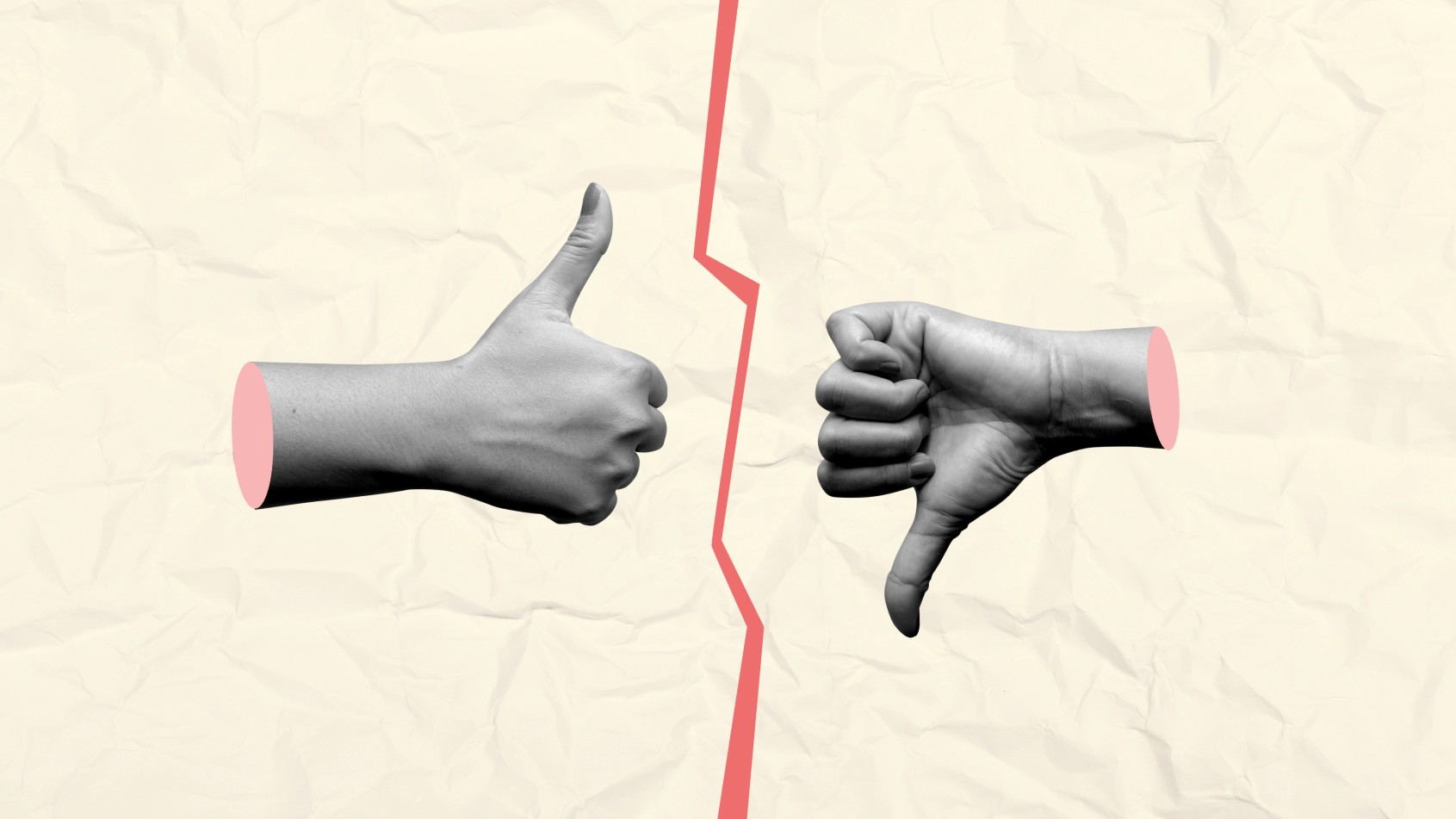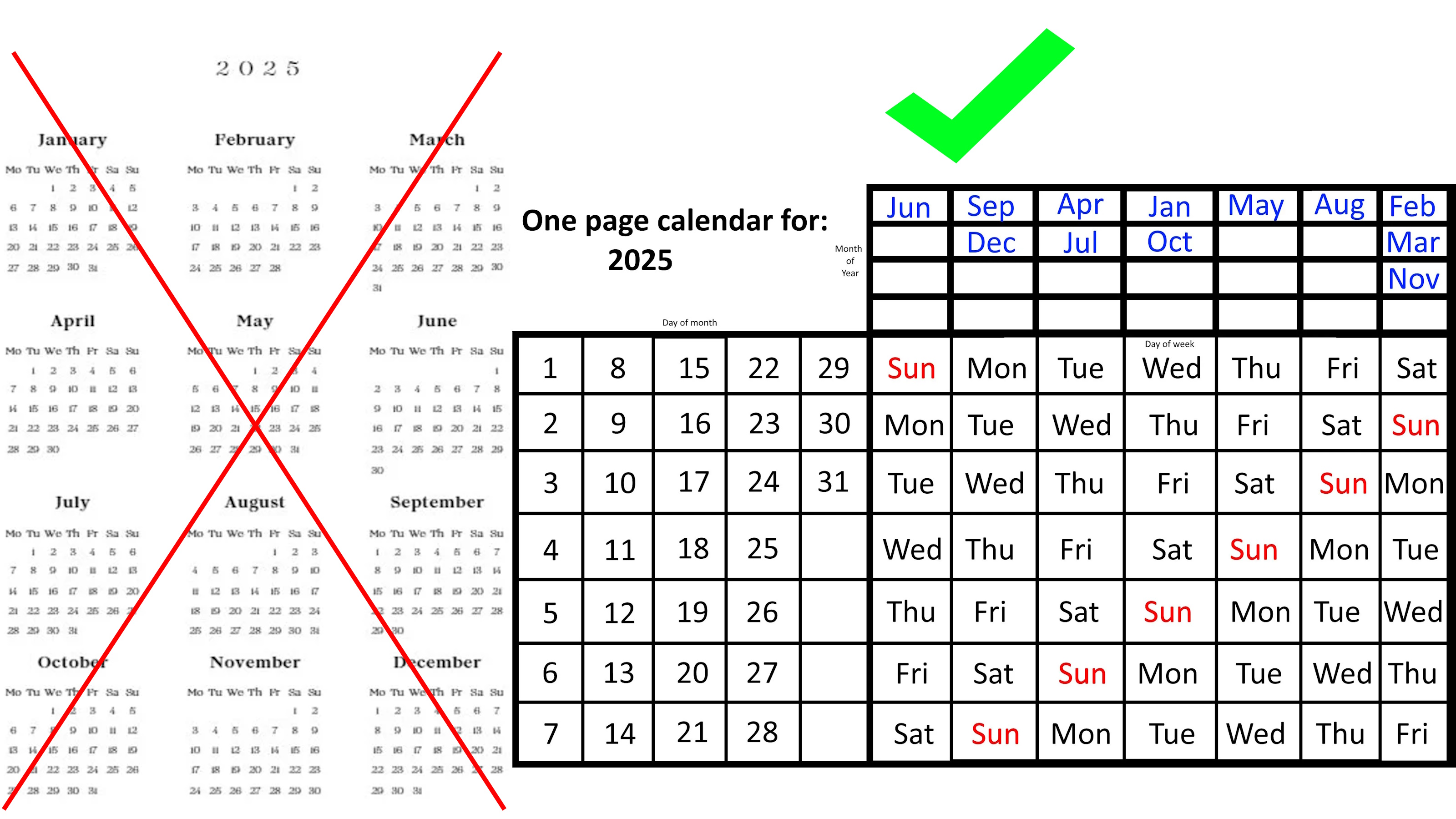To trace a common lineage, Kennedy says.
David Kennedy: There was a British philosopher who wrote a book in the 1920s, and he asked the rhetorical question: “Why do I study history?” And he said, “I study history for three reasons. One, to learn what it means to be a man.” We would say today what it means to be a human being. “Secondly, what it means to be a man in this time and place. And thirdly, what it means to be a man different from all other men.” So we learn from history, first of all, our common membership in the human family. We learn, secondly, what’s the nature of the historical circumstance in which we find ourselves. All of us necessarily – this is a fact of biology – have only been given a very narrow window in time given the geological time by which we measure the life of the planet, and only one physical circumstance in which to live it out. So that’s something else that history teaches us – what’s unique to our particular allotment of time, and the place where we are, and the culture we’re in and so on. And then we also learn – I think if we’re really serious about the deeper rewards of the study of history – about our own individuality and about why we’re different from other people. And none of us is quite the same as anybody else. Even identical twins are different from each other in many different ways. So there’s the . . . That’s a kind of microscopic way of describing what’s been my principle preoccupation of what’s been the study of American history and what are its particularities. I think that lesson can be extrapolated out to the world at large. And one of the things that I believe this society and all other societies of the world are gonna have to learn to appreciate going forward is that for all of our common fated inhabiting the same relatively small planet – and all the interdigitation of our fates that are a result of the process that we call, broadly speaking, globalization – there are going to be stubborn and persistent differences in our ways of viewing the world, and our religious beliefs, and our cultural preferences, and our schedule of values. And the friction that arises at the points where those different cultural schemes come into contact with one another – that is going to be a fact of life going forward that we’re going to have to learn to deal with.
Recorded on: 7/4/07





